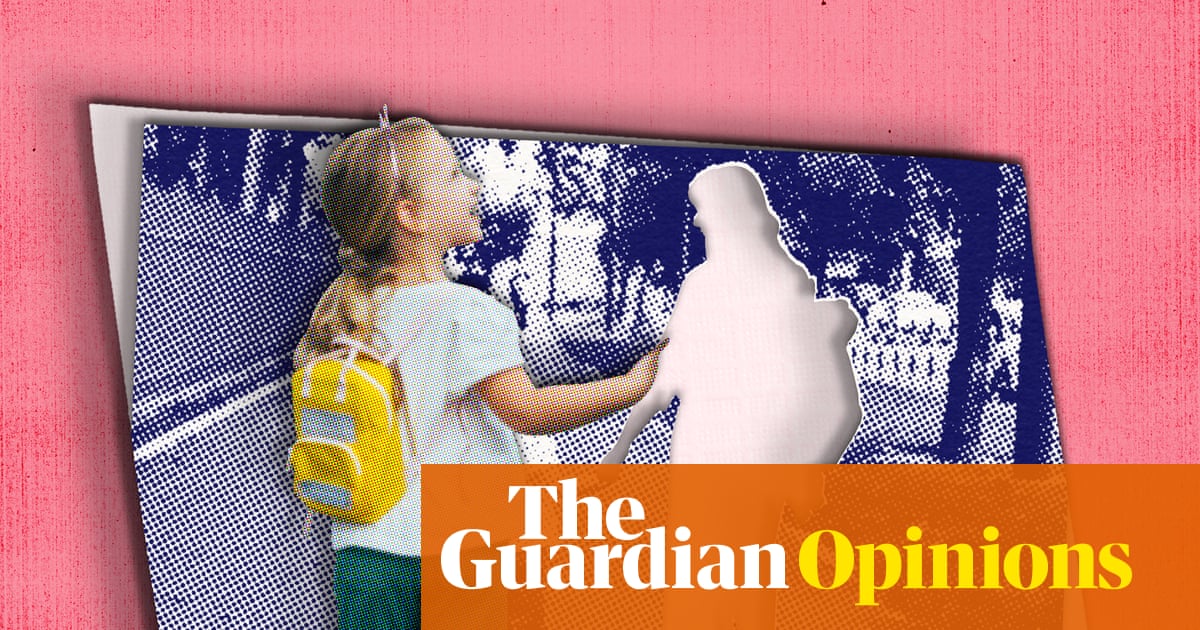
"Sometimes we learn the deepest truths in the most quotidian moments. One afternoon when I was six, I watched a character give birth in an army tent in the sitcom M*A*S*H. I immediately rushed from the den into the kitchen with a very important question for my mother. Did you give birth to me in a tent like that? I blurted out, hoping to learn my origin story."
"Unexpectedly, my mother dashed from the room in tears. When she returned, she sat me down and broke the news I had somehow always known. Your Uncle Ana brought you home from the hospital to Mommy and Daddy, she said. You're adopted, which means we chose you. I felt relieved to learn this truth, but as it upset my mom, I resolved never to bring it up again."
"The clerk, initially warm, seemed puzzled that I didn't know my last name at birth. After I admitted that I was adopted, a chill fell across the line. My records arrived in the mail a few weeks later, crisscrossed with thick black marker. The clerk had blocked out every trace of personal information: my birth mother's name, birth date, address and details about her hospital stay. The redacted records reinforced a sense of erasure."
At six, a televised birth prompted a child to ask whether she had been born in a tent, leading her mother to reveal that she was adopted and that an uncle had brought her home. The child felt relief but promised not to ask again after seeing her mother cry. Differences in appearance and temperament fostered lifelong questions about origins. Upon reaching adulthood, attempts to obtain birth records produced heavily redacted files that erased identifying information, reinforcing a sense of erasure. Years later, journalistic skills uncovered few leads, and at 35 she pursued further efforts to learn about her biological mother.
Read at www.theguardian.com
Unable to calculate read time
Collection
[
|
...
]